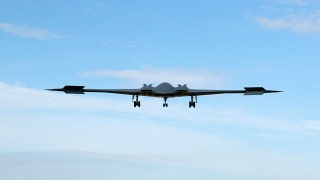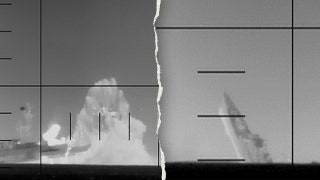Fox News Flash top headlines for November 2
Fox News Flash top headlines are here. Check out what's clicking on Foxnews.com.
Russian President Vladimir Putin signed legislation Thursday de-ratifying an international nuclear weapons treaty.
The law withdraws Russia from the Comprehensive Nuclear Test Ban Treaty (CTBT), originally signed in 1996 and ratified in 2000.
Russian officials have characterized the country's withdrawal from the treaty as a move toward equality with Western powers.
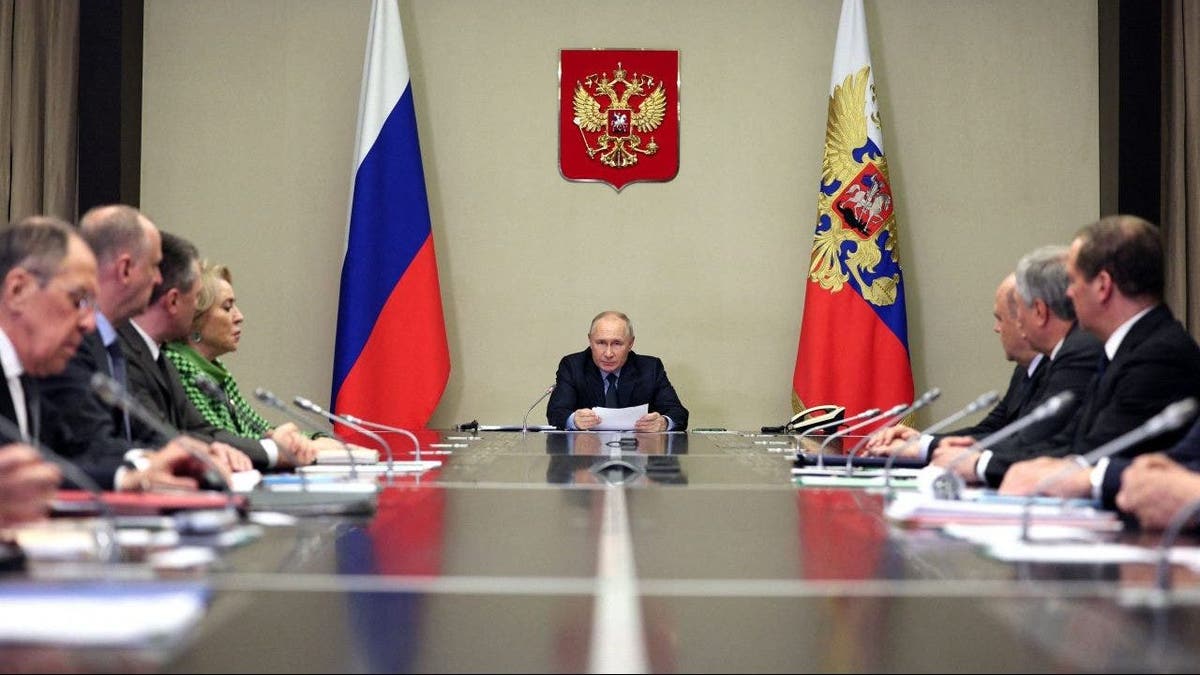
President Vladimir Putin chairs a meeting with members of Russian government and law enforcement agencies in Moscow. (Gavriil Grigorov/Pool/AFP via Getty Images)
The U.S. signed the treaty alongside Russia but failed to ratify its content and implement its regulations.
Other countries failed to finalize their commitment to the treaty, including China, Israel, Iran and North Korea.
Russia's withdrawal from the CTBT is not surprising. Putin has signaled his intentions to de-ratify the agreement since the invasion of Ukraine began.
RUSSIA IS CLOSELY MONITORING US NUCLEAR TEST IN NEVADA, PUTIN'S SPOKESPERSON SAYS
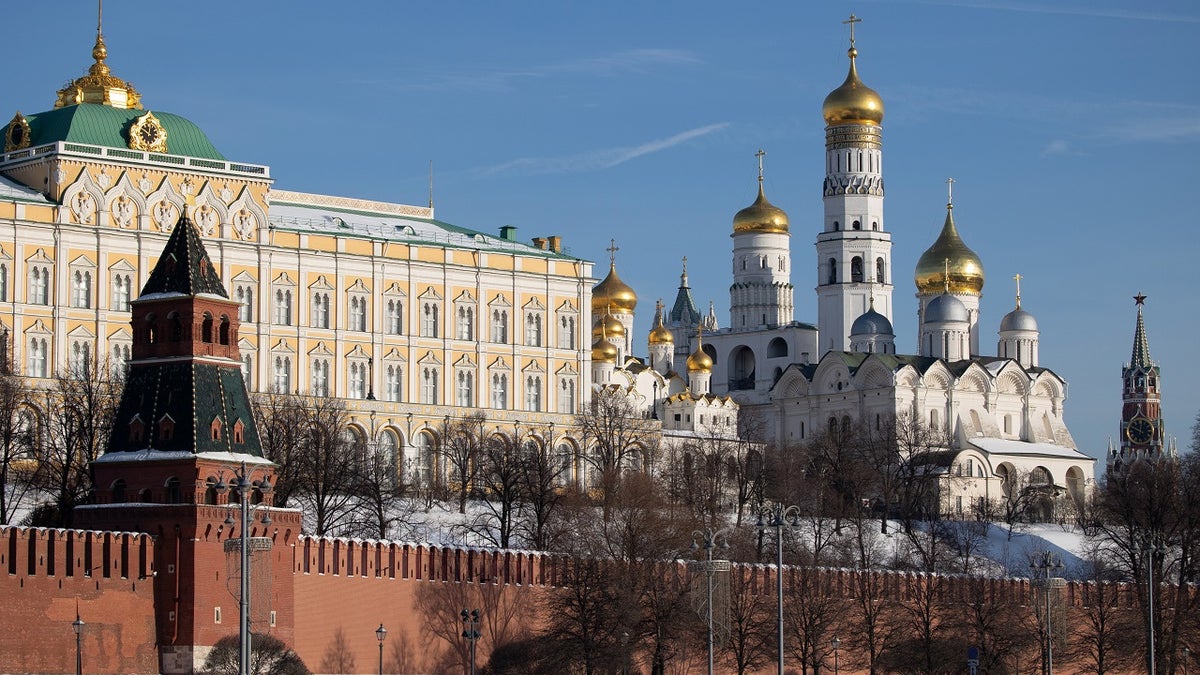
The Grand Kremlin palace, left, and the Cathedral of the Annunciation in Moscow. (Andrey Rudakov/Bloomberg via Getty Images)
Both the lower and upper houses of the Russian Parliament approved the de-ratification of the treaty in October.
Putin oversaw a military exercise last month simulating a nuclear strike in response to a nuclear attack. The exercise involved multiple practice launches of ballistic and cruise missiles.
Russian state television showed Putin directing the exercise via video call with top military officials.
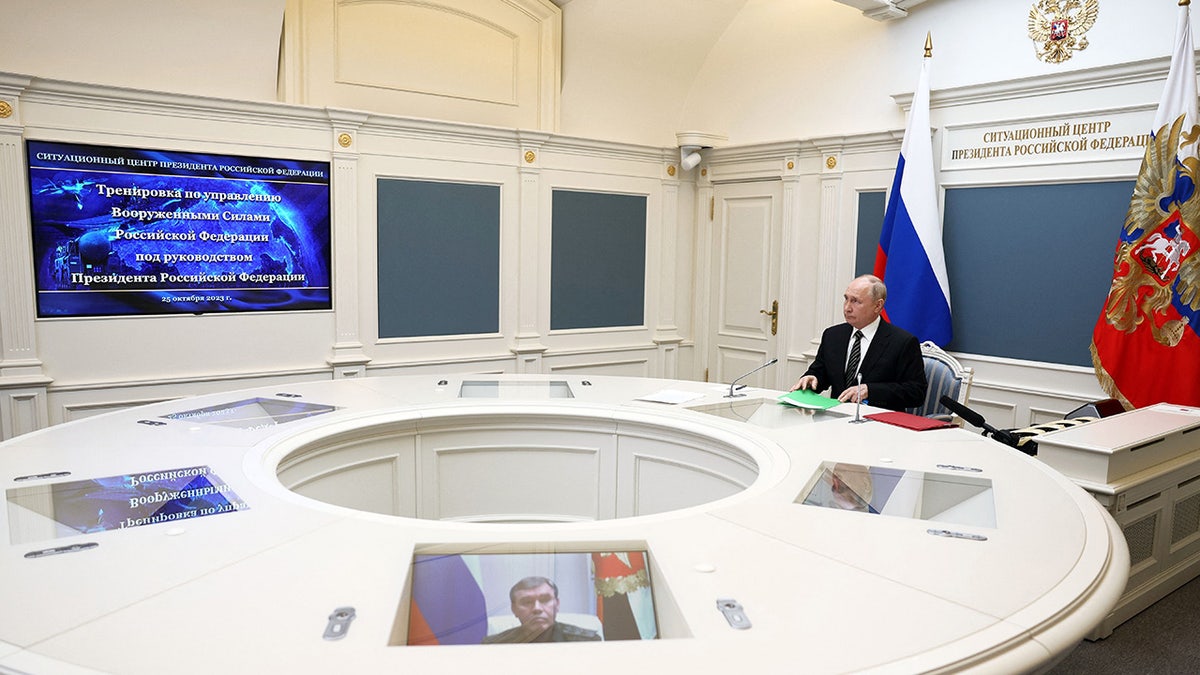
President Vladimir Putin oversees a training exercise of Russia's nuclear deterrent forces via a video link in Moscow. (Gavriil Grigorov/Pool/AFP via Getty Images)
CLICK HERE TO GET THE FOX NEWS APP
Deputy Foreign Minister Sergei Ryabkov said last month that Moscow will continue to respect the ban and will only resume nuclear tests if Washington does so first.
The Kremlin noted U.S. nuclear tests at the end of October that used chemicals and radioisotopes to "validate new predictive explosion models" that can help detect atomic blasts in other countries
Fox News Digital's Danielle Wallace and Greg Norman contributed to this report.

